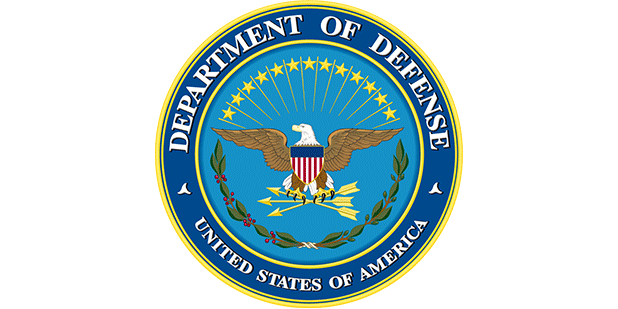USCI Military Affairs video presentations and other resources are available here. Other U.S. Department of Defense reports on China's military:
2021 | 2020 | 2019 | 2018 | 2017 | 2016 | 2015 | 2014 | 2013 | 2012 | 2011 | 2010 | 2009 | 2008 | 2007 | 2006 | 2005 | 2004 | 2003 | 2002
The full report is available at the link below.
WHAT IS CHINA’S STRATEGY?
China’s leaders have benefited from what they view as a “period of strategic opportunity” during the initial two decades of the 21st century to develop domestically and expand China’s “comprehensive national power.” Over the coming decades, they are focused on realizing a powerful and prosperous China that is equipped with a “world-class” military, securing China’s status as a great power with the aim of emerging as the preeminent power in the Indo-Pacific region.
In 2018, China continued harnessing an array of economic, foreign policy, and security tools to realize this vision. Ongoing state-led efforts, which China implements both at home and abroad and which often feature economic and diplomatic initiatives, also support China’s security and military objectives:
> China continues to implement long-term state-directed planning, such as “Made in China 2025” and other industrial development plans, which stress the need to replace imported technology with domestically produced technology. These plans present an economic challenge to nations that export high-tech products. These plans also directly support military modernization goals by stressing proprietary mastery of advanced dual-use technologies.
> China’s leaders seek to align civil and defense technology development to achieve greater efficiency, innovation, and growth. In recent years, China’s leaders elevated this initiative, known as Civil-Military Integration (CMI), to a national strategy that incentivizes the civilian sector to enter the defense market. The national CMI strategy focuses on hardware modernization, education, personnel, investment, infrastructure, and logistics.
> China’s leaders are leveraging China’s growing economic, diplomatic, and military clout to establish regional preeminence and expand the country’s international influence. China’s advancement of projects such as the “One Belt, One Road” Initiative (OBOR) will probably drive military overseas basing through a perceived need to provide security for OBOR projects.
> China conducts influence operations against media, cultural, business, academic, and policy communities of the United States, other countries, and international institutions to achieve outcomes favorable to its security and military strategy objectives. The Chinese Communist Party (CCP) seeks to condition foreign and multilateral political establishments and public opinion to accept China’s narrative surrounding its priorities like OBOR and South China Sea territorial and maritime claims.


